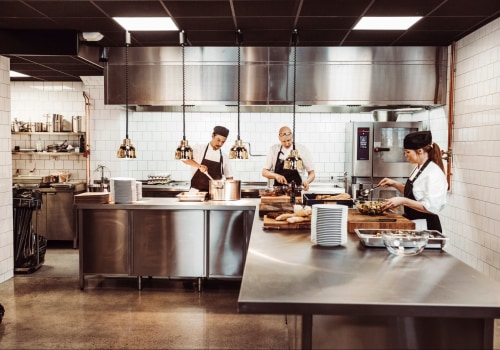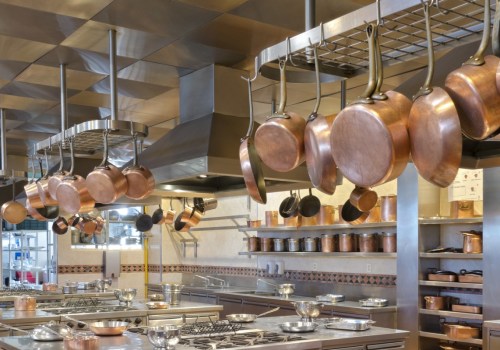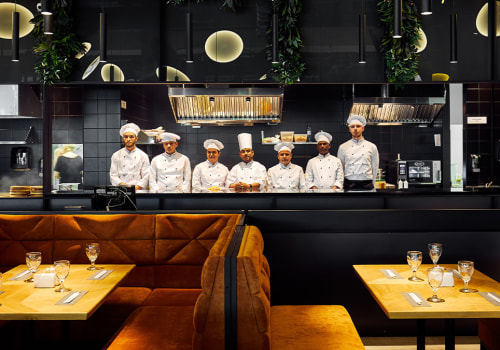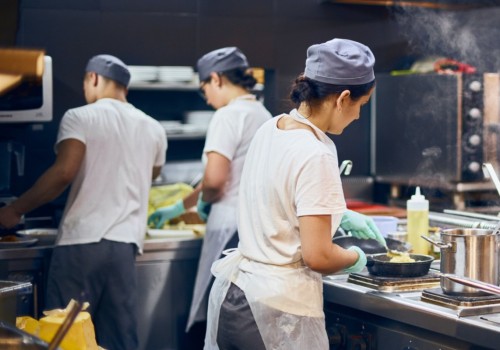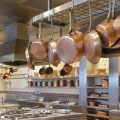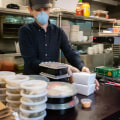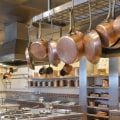The service, owned by the founder and former CEO of Uber, Travis Kalanick, promises restaurateurs kitchens only with home delivery in rented warehouses with low starting rates. With a ghost kitchen, you rent from an owner in facilities such as Kitchens United or Cloud Kitchens, which are usually found in densely populated areas. From there, you include your brand in an application like UberEats or DoorDash and (hopefully) you start getting customers. You then ship the orders from the rented kitchen space.
In addition, as the ghost kitchen industry expands, there may be innovative solutions to these types of problems. Uber suggested that last year when it acquired Ando, David Chang's ghost kitchen restaurant that only offers home delivery. We recommend trying to understand what other brands are doing or finding a good consultant (such as Greenspan) who has experience with virtual brands and ghost kitchens. If you don't have experience with virtual brands, launching them from an independent ghost kitchen wouldn't make much sense.
According to Greenspan, the possibilities of using ghost kitchens and home delivery as a marketing tool are endless. This is what Greenspan did with its own brands of ghost kitchens: several kitchen styles made with the same basic supplies, all in one place. Ghost kitchens can be used to launch an entirely new business or to expand the delivery range of an existing brand. The delivery revolution has given rise to completely new types of businesses that hope to capitalize on this trend, but the strangest (and most controversial) thing is the ghost kitchen, a unique innovation of the 21st century that promises to optimize 26% and expand the delivery service at a (apparently) minimum cost.
If you don't have experience in the food industry, ghost kitchens may seem like a great way to test your food concepts. Yes, we've heard a number of success stories about restaurants that have implemented the ghost kitchen model. And lately, both established brands that want to try new concepts and independent operators who lack capital for a full-service restaurant are turning to ghost kitchens as a solution. If Uber were to operate its own ghost kitchens on a generalized basis, it could save many restaurants from some of the problems mentioned above.
If you're like Eric Greenspan, Cassia or Canter's, ghost kitchens could be a great way to expand your brand. If you can successfully launch a virtual brand from your own kitchen, then a ghost kitchen could be a good step in expanding your in-store presence.
